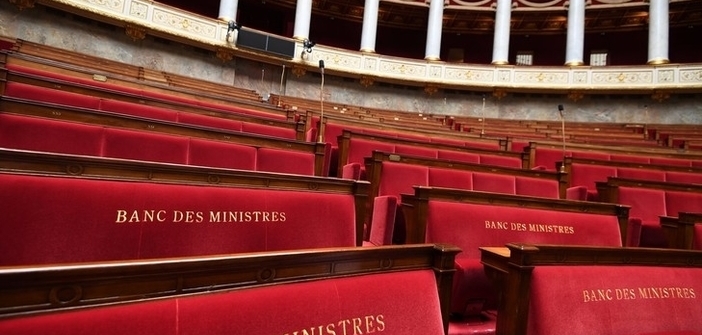From the speech to the National Assembly by Prime Minister Edouard Philippe on the measures for easing lockdown, we should essentially remember one simple truth: the virus is still alive, it is amongst us, and it forces us to live with it.
Since it is a new disease, unknown until now, we are moving forward gropingly, one step forward, one step back, and, more often, a step to the side.
The caution in the Prime Minister’s words was criticized, his uncertain forecasts (but are accurate forecasts really forecasts?) highlighted. In fact, people want to know today what will happen tomorrow.
He is asked for precise answers to all our doubts: white is white, black is black, but doesn’t gray have several shades?
In the debate that followed, the oppositions played their role: they criticized, they opposed. After all, an opposition that does not oppose, what kind of opposition is that? We can simply note that, given the context, they subtly preferred to speak about “freedom of speech and expression.”
Some did so with restraint, others with vehemence. Everyone has their style, sometimes, one might say, their lack of style.
However, two speakers did not miss the opportunity to highlight themselves in their usual caricature, as honored members of the “union of perpetual malcontents”: they are the apostles of sweeping changes, the defenders of national identity, one in the name of anti-capitalism, the other in search of order and authority.
Considering their posture, their gestures, they are two characters reminiscent of Molière.
One (Don Juan), a rhetorician at all hours and on all occasions, “he is so convinced of the sole existence of the word that he feels not at all committed by what he says, he lives entirely in the moment.”
The other (Mascarille, the trickster emperor of “The Blunderer or the Counterplots”), “gets intoxicated by his speeches, plays the braggart, fidgets, pontificates. He is driven by a will to power, an exaltation of the self that eventually overwhelms everyone.”
In fact, the two have opposing political sensitivities, but as Heraclitus’ doctrine suggests, each can only be defined in opposition, and “nothing would exist if at the same time its opposite did not exist.”
Admittedly, the national representation would deserve characters of another caliber but – in these difficult times – one must make do with what the convent passes…


